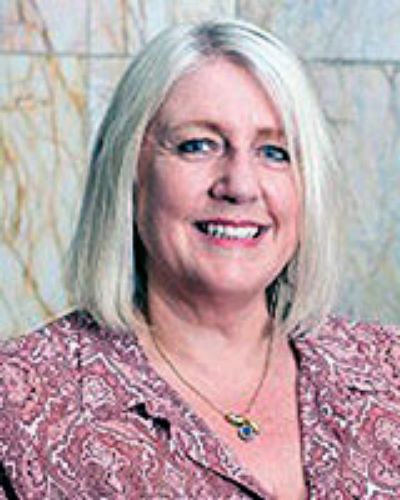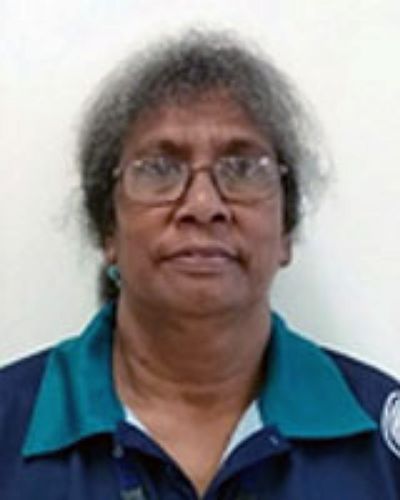Now published, see the full article 
Early Abstract:
Context: Health research is important to effectively address the health disparities between Indigenous and non-Indigenous Australians. However, research within Aboriginal and Torres Strait Islander communities has not always been conducted ethically or with tangible benefits to those involved. Justifiably then, people may be reticent to welcome researchers into their communities. Genuine commitment to community consultation, the fostering of partnerships and collaborative approaches maximise successful outcomes and research translation in these communities.
Issue: Despite guidelines existing to ensure the needs of Aboriginal and Torres Strait Islanders are met through any research involving them, non-Indigenous researchers may not be fully aware of the complexities involved in applying these guidelines. This paper explores how a team of Indigenous and Non-Indigenous researchers understood and applied the guidelines during a three-year dementia prevalence study in the Torres Strait. Their reflections on the practicalities involved in conducting ethically sound and culturally appropriate research are discussed.
Lessons learned: Having a deep understanding of the ethical principles of research with Torres Strait communities is more than just ticking the boxes on ethics approvals. Genuine community involvement is paramount in conducting research with the communities and only then will research be relevant to community needs, culturally appropriate and facilitate the translation of knowledge into practice.





